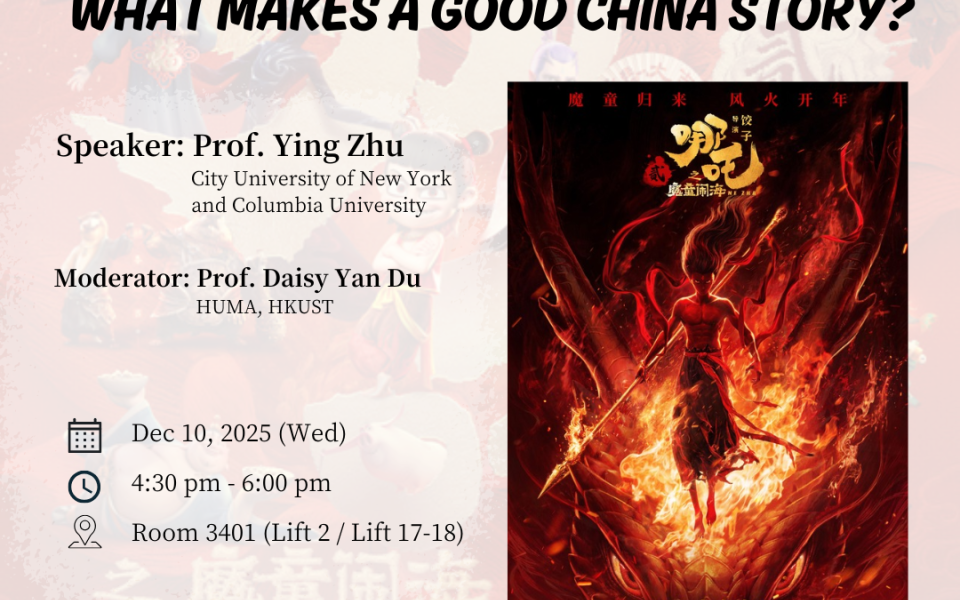Abstract
Ne Zha 2 (Yu Yang, 2025), a Chinese animation based on a Chinese legend broke global box-office records for animated films. Patriotic Chinese netizens cheered for its success, though the film gained little traction beyond the Chinese market. Numerous reports and commentaries published by the state run media in China nonetheless highlighted the film’s success in “telling the good China story.”A decade ago, another Chinese animation, Monkey King: Hero’s Return (Tian Xiaopeng, 2015) made a splashy critical and commercial debut, though its total box-office of US$153 million pales in comparison to Ne Zha 2’s US$2.2 billion. Yet Monkey King too was made into a national hero for transforming Chinese animation film. From Monkey King to Ne Zha 2, the nationalist fervour to propagate Chinese culture abroad only grew stronger, endowing Chinese animation with the mission of carrying the China torch. The effort begs the question of the criteria upon which “a good China story” can be measured and the efficacy of image building by mining Chinese mythology and Legends. My talk examines the gap between the film’s runaway domestic success and its lukewarm international reception to discuss the basics of quality audiovisual storytelling and the weight, if not burden, of storytelling as singing the Gospel of Chinese culture.
Bio
With a career spanning senior academic positions in the United States and Hong Kong, Ying ZHU is an internationally recognized voice on global entertainment/creative media scholarship. Her work bridges Chinese and American media systems, with a focus on transnational media and cultural diplomacy. She is the founding and chief-editor of Global Storytelling: Journal of Digital and Moving Images, a peer-reviewed open access academic journal. Zhu has published four research monographs including Hollywood in China: Behind the Scenes of the World's Largest Movie Market (2022), which The China Quarterly calls "a one-stop shop for facts and figures about the Chinese film market, and Hollywood's presence therein--about what happened, where and when" and six co-edited books including Soft Power with Chinese Characteristics: China’s Campaign for Hearts and Minds (2019) with a foreword by Joseph Nye. Her first book, Chinese Cinema During the Era of Reform: The Ingenuity of the System (2003) pioneered the industry analysis of Chinese film studios, with the Journal of Asian Studies calling it “a path-breaking book that initiated the institutional study of Chinese cinema.” Her second book, Television in Post-Reform China: Serial Drama, Confucian Leadership and the Global Television Market together with three co-edited TV books pioneered the subfield of Chinese TV drama studies.
